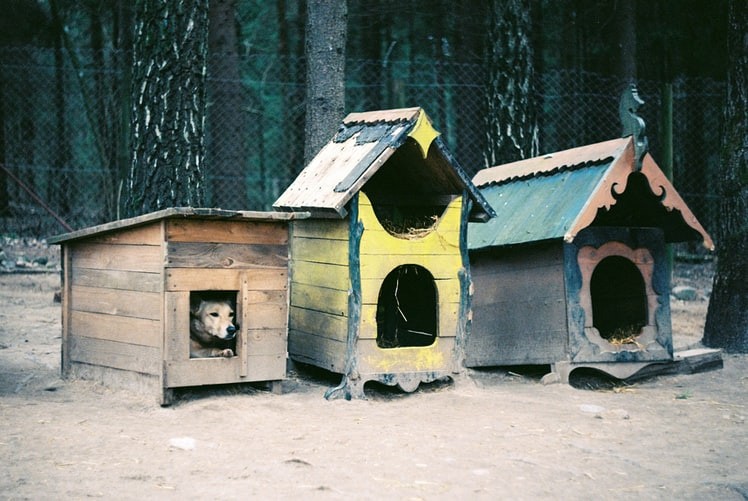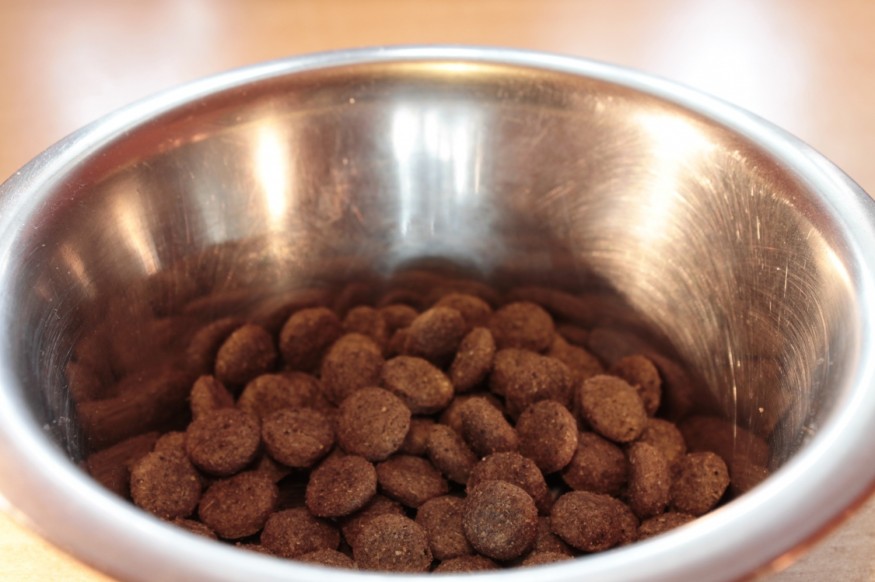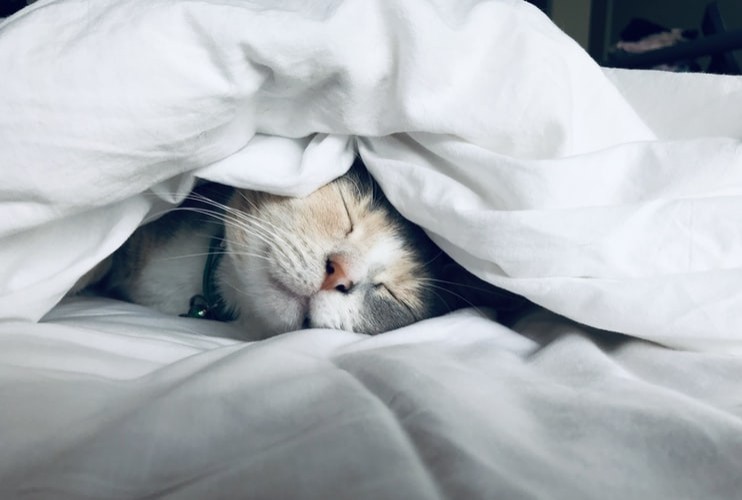Because of the consecutive extreme weather conditions, many pet owners and animal keepers are concerned about their animal companions' well-being.
During cold seasons, keeping animals safe is not an easy task. When the winds start to howl and the snow begins to fall, the welfare of animals becomes more difficult to sustain.
Animals find it hard to remain alive on their own, especially in winter. It is your duty as an animal keeper to reduce the responsibility and ensure that they survive.
The following are steps to make sure that your animal companions are safe during the winter season:
Giving them adequate shelters

Keeping your animals unprotected from the harsh winter is almost an immediate death sentence. Many strays and wilds freeze to death every year. The best way of preventing this from ever happening to your pets is to give them proper shelters.
For many, this may just come in the form of letting the animals inside the house and giving them warm and cozy blankets. But, for some, especially for larger animals, it's not as easy.
When it comes to animal shelters for the winter, there are a number of different choices. The best choice for keeping animals out of the wind is a permanent and portable windbreak. Another piece of equipment that can shield animals from the cold are barn heaters.
However, it is important to note that too much supplementary heat can be bad for many pets' general well-being. Knowing the animals and how immune each species is to the cold is critical.
Read also: Treating Pets with Separation Anxiety: What to do to Keep Your Pets Feel Emotionally Safe
Always check food and water

The right quantity of food and water is an element that is almost as important as proper shelter.
According to the Colorado State University extension, providing accessible and sufficient food can help animals sustain their temperature. It also helps to feed at night since a few hours after feeding, body heat from digesting food rises.
During the evening, this will keep them safe. Access to minerals like salt is also important for livestock and pets. Salt blocks are best for horses and pigs, while for sheep and goats, salt crumbles are best.
Animals, like humans, have a tougher time keeping hydrated in winter than any other season. Their sense of thirst reduces as animals burn extra calories to keep warm. What's more, there's really no reason for them to drink water that has ice in it. As an animal owner, it's your responsibility to keep the water sources free of ice and hydrate your animals.
Knowing your animal's cold tolerance (and learning how to handle them)

It's best to get to know your pets' cold tolerance so that you will be able to know what to do with them. Also, make sure to personally monitor their behavior as the cold may affect them, but they don't show obvious physical signs.
It's not just the risk of freezing that's dangerous to animals; chapped feet and itchy, flaking skin can be caused by exposure to the winter's harsh, cold air and chilly fog, sleet, and snow. But, these are not the only discomforts pets can experience.
If chemicals from ice-melting agents are licked off of bare paws, winter walks can become downright dangerous.
For the latest news from the animal kingdom, don't forget to follow Nature World News!
© 2025 NatureWorldNews.com All rights reserved. Do not reproduce without permission.





